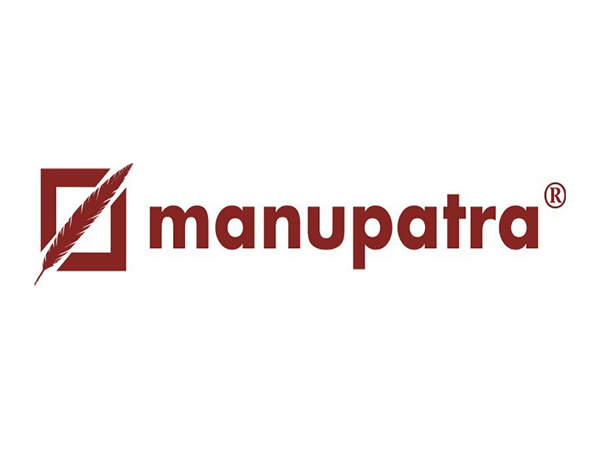New Delhi [India], June 2: Manupatra has remained a pioneer in integrating technology with India’s legal framework. Our ongoing interaction with legal professionals and students has offered valuable input into evolving legal tech trends and their practical implications across the country.
In recent times, artificial intelligence has become deeply embedded in daily life—affecting how people work and interact. Within the legal sector, AI-powered tools have shown clear utility—optimizing legal research, aiding drafting processes, and simplifying contract and case workflows. Nonetheless, challenges have emerged, including instances where legal practitioners referenced AI-generated cases that did not exist.
Recognizing the promise and pitfalls of AI, Manupatra launched a first-of-its-kind, nationwide survey to explore how AI is being embraced across India’s legal domain. This initiative gathered authentic feedback from students and practitioners, helping identify gaps that must be bridged to implement AI in a responsible, ethical, and practical manner. The results aim to support legal professionals, industry leaders, and policymakers with actionable insights and strategies.
Manupatra is pleased to release the findings of its “Adoption of AI in the Indian Legal Landscape” report, built from responses by 227 individuals including law students, advocates, corporate counsels, partners, academics, and judicial figures across India.
Key Findings:
Youth-Led Participation: A majority (60%) of respondents were aged 18–34, with law students (36.6%) and advocates (23.8%) leading the way—indicating openness among younger groups to explore AI tools.
Emerging Usage Patterns: About 60% reported using AI tools within the past year, primarily for legal research (77.9%), document summarization (65.7%), and support with drafting (54.7%).
Efficiency vs. Skepticism: Although 79.7% noted significant time savings on routine legal tasks, only 4.1% said they fully trust AI without cross-verification, while 48.8% require reviews before use.
Major Drawbacks: A majority (58.1%) cited unreliable results, 51.2% flagged hallucinated content, and 42.4% identified a lack of Indian legal context in current tools.
Governance Concerns: While 77.1% support mandatory AI-use disclosures in legal work, only 11% of firms reported having formal AI policies in place.
Key Barriers Identified:
Inconsistent Output Quality (58.14%): More than half reported inaccuracies and hallucinations as major hurdles in adoption.
Confidentiality & Data Risks (47.67%): Respondents raised concerns over safeguarding sensitive client data when using AI tools.
Limited Indian Context (42.44%): Many tools are built on global models, missing the nuances of Indian statutes and legal frameworks.
Ethical and Accountability Issues (38.37%): There’s unease around bias, liability, and professional standards when relying on AI.
Training & Awareness Gaps (40.12% & 34.30%): A large number of users reported insufficient training and low familiarity with AI tools.
Future Trends & User Sentiment:
Timeline for Mainstreaming: 35.68% expect AI to become a standard legal tool within 1–2 years, while only 3.96% anticipate adoption beyond five years.
Cautious Optimism: While 46.25% view AI’s impact as “mostly positive” and 18.06% find it “transformative,” 45.37% maintain a neutral or balanced view.
Need for Supportive Infrastructure: Top demands include certified training programs (67.40%), freemium access to tools (66.52%), and regulatory guidance from bar councils or courts (47.58%).
AI as a Legal Assistant: Most respondents believe AI will act as a supportive research and drafting aid, while ultimate decision-making will remain human.
About Manupatra:
Manupatra is India’s leading provider of legal, regulatory, and business intelligence tools, helping professionals navigate the law faster and more efficiently. As the first company to launch online legal research in India back in 2000, Manupatra houses the country’s most comprehensive collection of domestic and international legal content. Using advanced AI and machine learning features, Manupatra empowers lawyers, judges, law firms, students, and government bodies with user-friendly, data-driven legal solutions.









